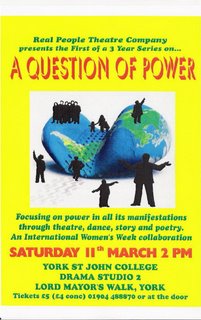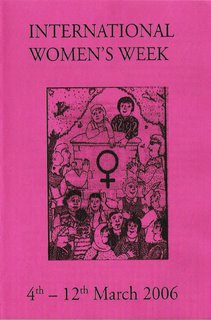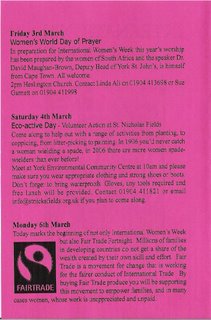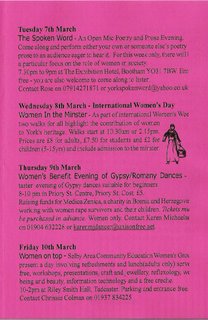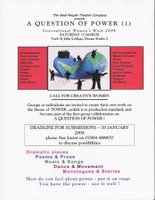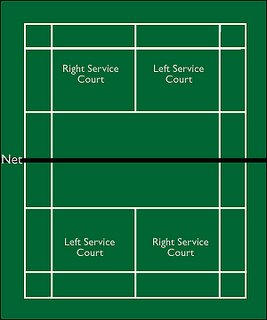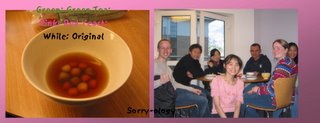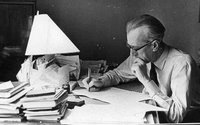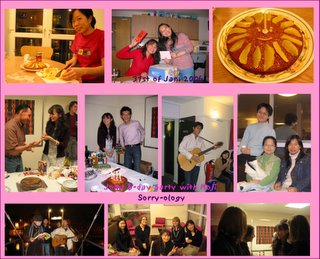Brokeback Mountain, Short Story and Film

I read Annie Proulx's "Brokeback Mountain" after watching Ang Lee's award-winning film. Both experiences were very enjoyable. In an interview, Proulx described that the film is huge and powerful and that it vividly brings to life the two ranch boys, Ennis and Jack, whom she thought have gone from her for years. I thought her complimentary comment was only abstractly and officially polite until I read the original.
Proulx's narrative is clean but heavily loaded with emotional intensity, which is quite typical of good short stories. The film and the written story enhance and explore each other's visual and verbal density.
For instance, she wrote, "Ennis and Jack, the dogs, horses and mules, a thousand ewes and their lambs flowed up the trail like dirty water through the timber and out above the tree line into the great flowery meadows and the coursing, endless wind".
This scene is expressively represented in Ang Lee's film. From a paronamic viewpoint, the camera captures the flow of hundreds and thousands of moving, grey, and ball-shaped lambs moving up the slope. The oppressive atmosphere, which the slow, crowded and quiet upward movement creates, is relieved at the moment when they reach the tree line: an Edenic world is awaiting.
In the edenic wild, the two teenage boys develop friendship and then romance naturally. The sharing of labors and the manless scenery do remind me of Adam and Eve in the Garden of Eden in John Milton's Paradise Lost. In the Garden of Eden, they could be thought as sexless before the fall, and that human relationship is only naturally care and love. If marriage (in its conventional sense) is a ritual through which human beings are assigned distinct sexual roles by society, before the two teenagers' entrances into marriage later, their innocent happiness in that summer is everything sublime and everything that is destined to lose. Every goddamn thing is built on that Brokeback mountain, complains Jack. He wants to move forward and, also backward, to that edenic state. However, everything can only be built on that Brokeback mountain memory, and no more. No one can ever make it, I suppose.
When Ennis tells Jack that he's no queer, and so does Jack, it might sound defensive at the beginning, but they are truly not queer at the time and space. They are away from the people in time and space who judge, or define, their sexuality.
Another interesting difference between the film and the story is the representations of female characters. In the original, there are neither Ennis's daughters (I mean adult daughters) nor the woman he encounters in a pub after divorce. Women are very important in this story in a unique way. The female characters in the film give a very homely touch to the story. Lureen, Jack's wife, does not seem very favorable at first, but her tears in the last scene somehow show her love for Jack and her knowledge of the two men's relationship. Other women, including Alma, Ennis's daughters, the woman that Jack dates for a while, and Jack's mother, are tenderly portrayed. They show to the men their maternal love, jealous love, and filial love: love of all kinds whether it's bearable or not. Although the marriages might have been suggested to have interrupted the two protagonists' happiness, these women's tenderness contrasts other men's hostility. Despite how Jack's father has been sarcastic and rude, or in Proulx's word "a stud duck", Jack's mother warmly invites Ennis to visit them again. In that conversation at Jack's old house, it seems that his parents already learned the unusual relationship. Jack's mother is a mother after all, she gives Ennis her maternal warmth which she would have given to her own son.
I enjoy Lee's humanistic approach to issues like human relationships and family problems. Intensity of relationships is always quietly and effectively conveyed in his well-chosen metaphors for his films, ex. food (in "Eat Drink Man Woman" and in "The Wedding Banquet"), and natural sceneries (in "Crouching Tiger and Hidden dragon" and "Brokeback Mountain"). However, his films do not seem depressing even though the stories themselves are gloomy enough. His very sensible humor always brings timely relief to audience, and the relief lasts long enough for us to have more thoughts.
